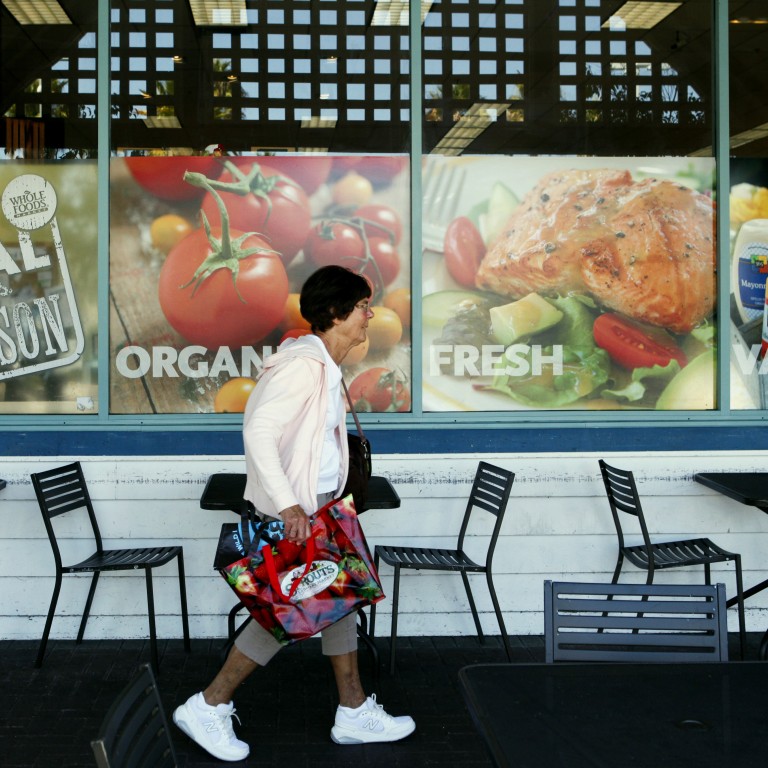
Tougher US checks in store for food firms
New law gives the FDA the mandate to increase inspections of foreign farms
A new food safety law will pose huge challenges for China's exports to the United States, speakers said at a conference on food and drug laws in Beijing.
America's Food Safety Modernisation Act would probably take effect by 2016, said Erik Lieberman, counsel for the Food Marketing Institute, a US trade association representing supermarkets.
"This is going to have a big impact on Chinese exporters for sure," Lieberman said. "In China, it's going to be a big challenge, especially for small producers. Exporters of food to the US will face rigorous requirements."
The new US food safety regulations were so sweeping they would affect the global supply chain, he said, pointing out that the US imported more than US$100 billion of food every year.
David Ettinger, a lawyer at Keller and Heckman, said the act was the most important piece of legislation for the US food industry in the past 70 years and one of the top three under the administration of President Barack Obama, who signed it into law in January 2011. He said the details were still being worked out.
The US is China's largest agricultural trading partner, with China the largest export market for US products and the US the second-largest market for those from China, the US Department of Agriculture said in a report.
Bilateral agricultural trade rose 17 per cent to US$40 billion last year, with Chinese exports to the US jumping 11 per cent to US$10 billion, according to China Customs. Chinese food exports to the US doubled from US$6.7 billion in 2006 to US$13 billion in 2010, official US data showed.
Previously, the US Food and Drug Administration conducted limited inspections of foreign farms, but Lieberman said the new food act would greatly expand the agency's authority over farms that exported to the US.
Ettinger said the act gave the FDA the mandate to increase its foreign inspections and the agency was doubling the number of foreign facilities it would inspect every year.
"In five years, tens of thousands of foreign facilities will be inspected by the FDA," he said. "A Chinese exporter may ask: how can the FDA come to my facility in China? If you don't want to let them in, fine, but if you want to export your goods to the US, you have to."
David Acheson, the founding chief executive of Acheson Group, a US food and beverage consultancy, said the FDA would not be able to check the vast number of Chinese farms and exporters, and would outsource part of the work to third-party auditors.
Lieberman said the act imposed new standards in worker training, health and hygiene, agricultural water, equipment, buildings and the keeping of animals. "Some US producers are screaming they can't meet these standards," he said. "If it's tough for US producers, it's going to be tough on producers outside the US."

